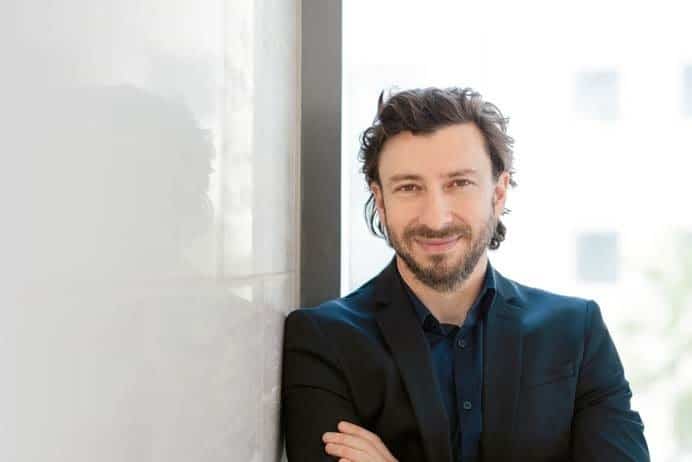Researchers at the Buck Institute, in collaboration with colleagues at Stanford University, say they have created the first "actionable clock" that can tell when death is likely to come, which can help prolong life: the inflammatory clock of aging, or iAge.
Standard immune metrics to be used to identify individuals most at risk of developing single or multiple chronic diseases of aging have been sorely lacking. This is where the effort comes from David Furman, associate professor at the Buck Institute for Research and director of the 1001 Immunomes Project at Stanford University. The effort to leverage machine learning to uncover the secrets of aging by studying the blood of 1.001 individuals. A study that led to the emergence of this "clock" of aging.
Bringing biology into our completely unbiased approach allowed us to identify a number of parameters. Among all, a small immune protein involved in age-related chronic systemic inflammation andaging cardiac. We now have the means to detect dysfunction and a course of intervention before full-blown disease occurs.

The key to everything? It is called CXCL9
The key to the team's discovery? It's called CXCL9. It is a soluble chemokine that is called into action when lymphocytes are required at the site of an infection. Researchers have shown that CXCL9 regulates multiple genes implicated in inflammation and is involved in cellular senescence, vascular aging and adverse cardiac remodeling. The first author Nazi Sayed, explains that with this “clock” it is possible to determine the age of a person's immune system. A means of measuring her health, and also the time that separates her from her last trip.
On average, centenarians have an immune age 40 years younger than what is considered 'normal'. We have an outlier, a super healthy 105 year old man (living in Italy) who has the immune system of a 25 year old.
David Furman commenting on the results of the study
A clock to monitor and predict chronic diseases
Furman said a person's iAge can be used to monitor their risk of developing a number of chronic diseases, including age-related frailty. “Using iAge you can predict seven years in advance who will develop frailty,” he said of the study findings. “This leaves a lot of room for interventions.”
It is becoming clear that we need to pay more attention to the immune system with age, given that almost all age-related diseases have inflammation as a major part of its etiology
The discovery of this “life and death clock” could also have implications for slowing aging itself, given the importance of CXCL9. In recent research the chemokine has been shown to reverse the aging loss of function of endothelial cells (the material that lines blood and lymph vessels) in both humans and mice.


